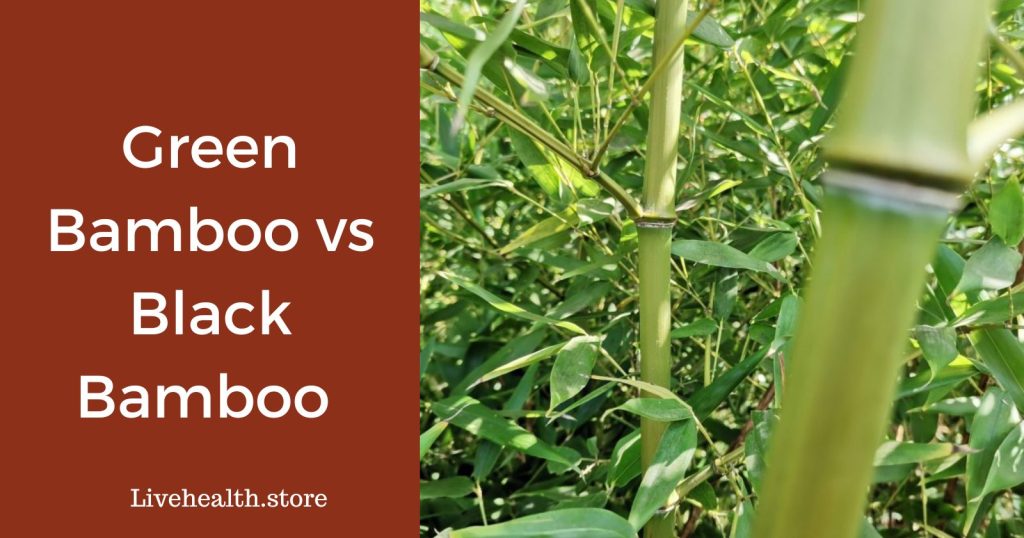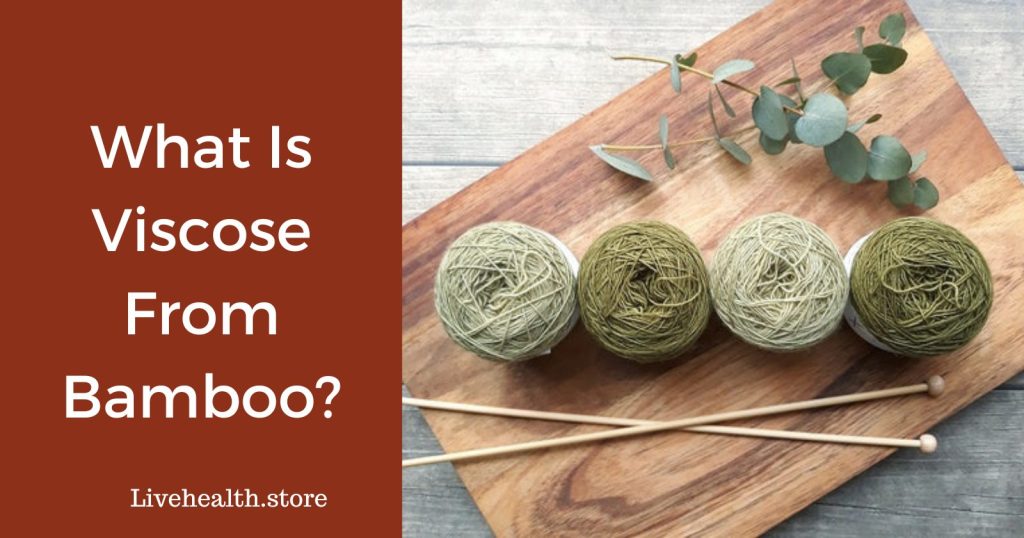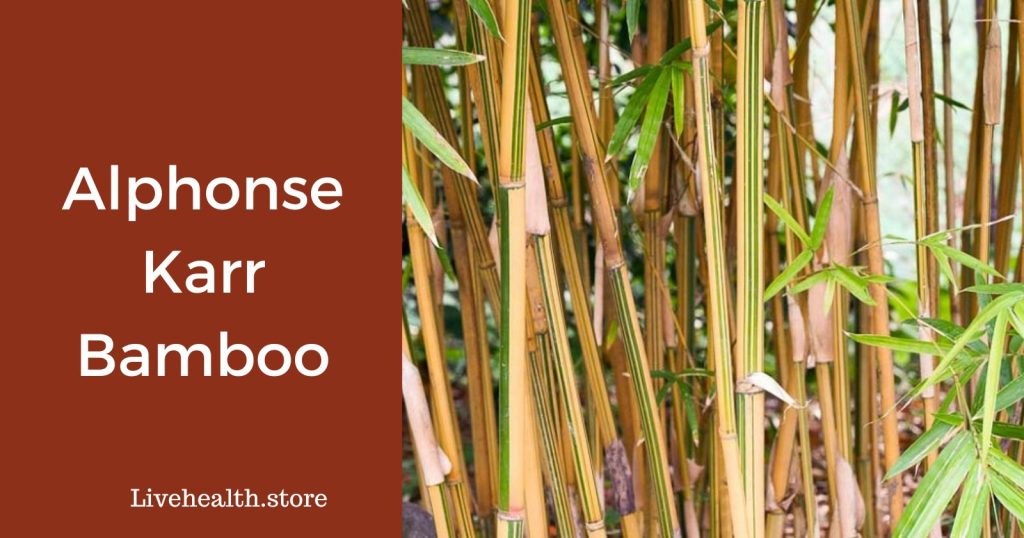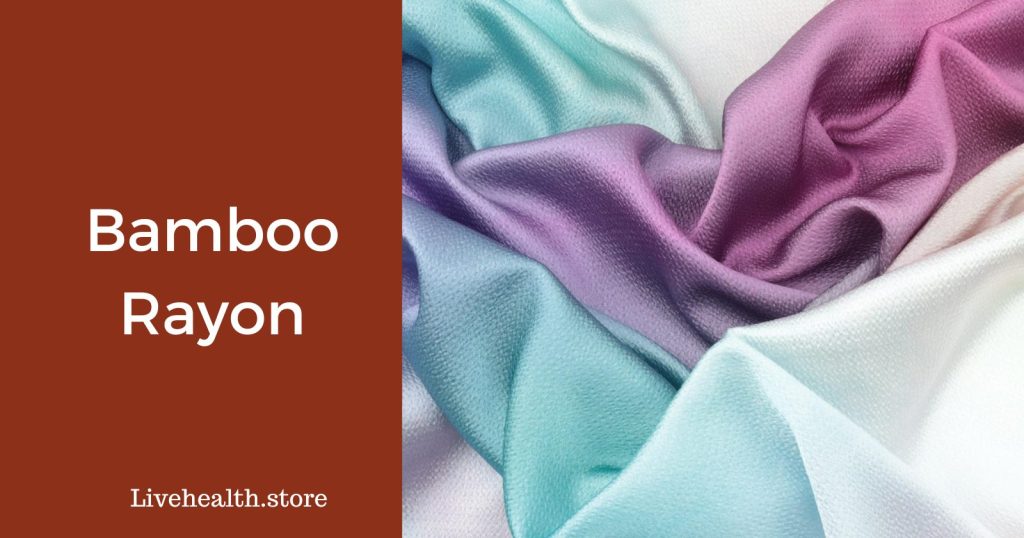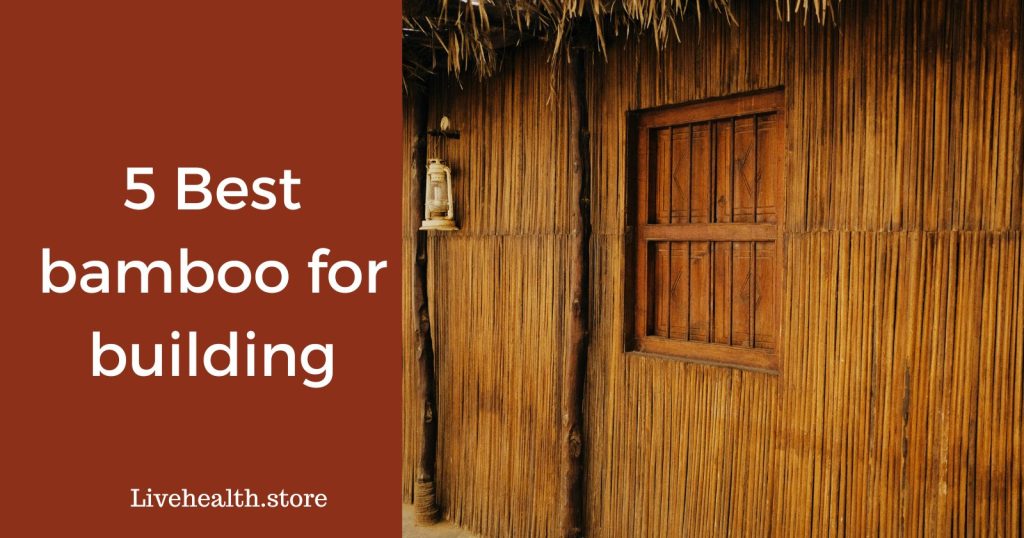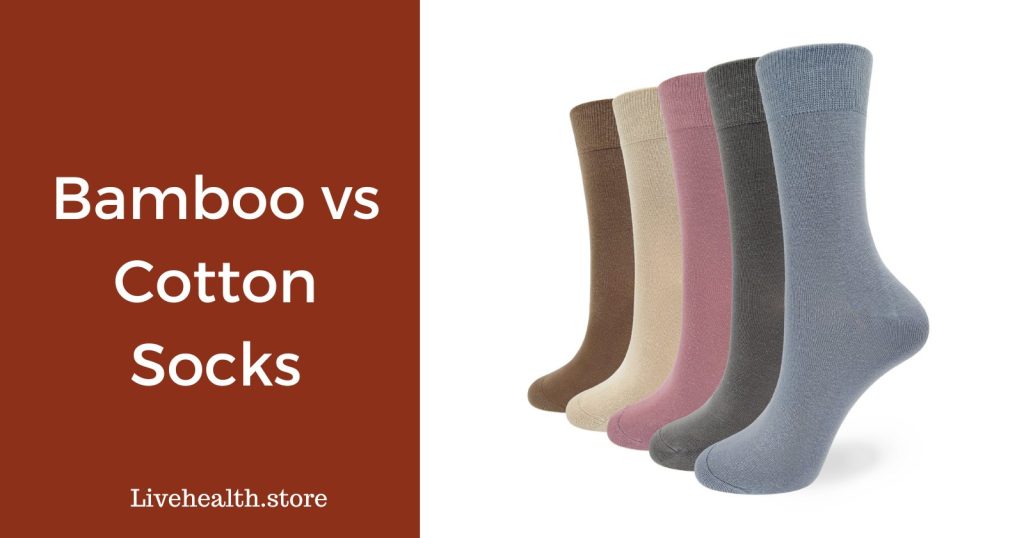Can Rabbits Eat Bamboo
Rabbits are herbivores and typically have a diet that consists of various fresh vegetables, hay, and grass. However, when it comes to bamboo, caution should be exercised. While bamboo is safe for rabbits to eat, it should not be a staple part of their diet.
Bamboo can be high in fiber but low in nutrients, so it is best to offer it as an occasional treat rather than a primary food source. As always, consult with a veterinarian to ensure you are providing a well-balanced diet for your rabbit.
Exploring the nutritional value of bamboo for rabbits
Rabbits are herbivores, and their diet mainly consists of hay, fresh vegetables, and some fruits. But can rabbits eat bamboo?
Yes, they can! In fact, bamboo offers several nutritional benefits for rabbits:
High in Fiber: Bamboo is rich in dietary fiber, which aids in proper digestion and helps prevent gastrointestinal issues in rabbits.
- Low in Calories: Compared to other plants, bamboo has a low-calorie
content, making it a healthy addition to a rabbit's diet.
Contains Essential Nutrients: Bamboo is a good source of vitamins and minerals such as vitamin A, vitamin C, potassium, and manganese. These nutrients contribute to a rabbit's overall health and well-being.
Promotes Dental Health: Chewing on bamboo promotes dental wear and helps keep a rabbit's teeth in good condition.
Provides Enrichment: Offering bamboo stalks or leaves as a part of a rabbit's diet provides mental stimulation and enrichment.
However, it is important to introduce bamboo gradually into a rabbit's diet to avoid digestive upset. Always consult with a veterinarian before making any significant changes to your pet rabbit's diet.
In summary, bamboo can be included as a nutritious addition to a rabbit's diet due to its high fiber content, essential nutrients, and dental health benefits. Just remember to introduce it gradually and monitor your rabbit's reaction.
Preparing Bamboo for Rabbits
If you are considering adding bamboo to your rabbit's diet, there are a few important steps to take to ensure their safety and health:
Cleaning: Prior to offering bamboo to your rabbit, make sure to thoroughly clean it to remove any dirt, debris, or pesticides that may be present.
Trimming: Remove any sharp edges or thorns from the bamboo stalks. This will help prevent injuries to your rabbit's mouth or digestive tract.
Boiling: It is recommended to boil the bamboo for about 20 minutes to soften it and eliminate any potential bacteria or parasites that could be harmful to your rabbit.
Chopping: After boiling, chop the bamboo into smaller, bite-sized pieces that are easier for your rabbit to chew and digest.
Introducing bamboo gradually: When introducing bamboo into your rabbit's diet, do so gradually to allow their digestive system time to adjust. Start with small amounts and monitor your rabbit for any adverse reactions.
Remember, while bamboo can be a nutritious and safe option for rabbits, it should always be offered as part of a balanced diet that includes hay, fresh vegetables, and limited amounts of pellets. It is important to consult with a veterinarian before making any significant changes to your rabbit's diet.
Quantity and Frequency of Bamboo Feeding
When it comes to feeding rabbits bamboo, it is important to consider the quantity and frequency to ensure their health and well-being.
While rabbits can eat bamboo, it should not be the main component of their diet. Instead, it should be offered as a treat or as part of a varied diet. The appropriate amount of bamboo will depend on your rabbit's size and weight.
It is recommended to introduce small quantities at first and monitor your rabbit's digestion. If they experience any digestive issues, such as diarrhea, it may be necessary to reduce or eliminate bamboo from their diet. Remember to always consult with a veterinarian to determine the best diet for your rabbit.

Potential Risks and Precautions
While bamboo may be a common and nutritious plant, it is important to be aware of potential risks and take precautions when feeding it to rabbits.
Digestive Issues: Rabbits have sensitive digestive systems, and consuming too much bamboo can lead to gastrointestinal upset, such as diarrhea. It is important to introduce bamboo slowly and in small quantities to observe how your rabbit's digestive system responds.
Poisonous Species: Not all species of bamboo are safe for rabbits to consume. Some species contain toxins that can be harmful or even fatal to rabbits. It is crucial to do thorough research and ensure that you are offering only safe varieties of bamboo.
Pesticides and Contaminants: Bamboo plants may be treated with pesticides or could be contaminated with chemicals from surrounding areas. It is essential to source organic, pesticide-free bamboo to minimize the risk of exposing your rabbit to harmful substances.
Balanced Diet: While bamboo can be a healthy addition to a rabbit's diet, it should not be the sole food source. Rabbits require a diverse diet that includes hay, fresh vegetables, and a small amount of pellets. Bamboo should be offered as a treat or occasional supplement, rather than the primary source of nutrition.
Taking these precautions and monitoring your rabbit's response will help ensure their safety and well-being when incorporating bamboo into their diet. Always consult with a veterinarian before making any significant changes to your rabbit's diet.
Alternative Treats for Rabbits
While bamboo is not recommended as a regular treat for rabbits, there are other options that are safe and nutritious for our furry friends. Here are some alternatives to consider:
- Vegetables: Rabbits can enjoy a variety of vegetables such as carrots, lettuce, kale, and bell peppers. These provide essential vitamins and fiber.
- Fruits: Limited amounts of fruits like apples, strawberries, and blueberries can be given to rabbits. Remember to remove any seeds or pits before feeding.
- Hay: The primary food source for rabbits should be hay. It helps maintain good dental health and provides the necessary fiber for their digestive system.
- Herbs: Herbs such as parsley, cilantro, and mint can be given to rabbits in small amounts as a tasty treat.
- Pellets: High-quality rabbit pellets formulated specifically for their dietary needs can also be included in their diet.
It's important to remember that treats should only make up a small portion of a rabbit's diet. The majority of their food intake should consist of fresh hay. Additionally, always introduce new foods gradually and monitor your rabbit's reaction to ensure they tolerate them well.
By providing your rabbit with a balanced diet and offering safe and appropriate treats, you can help keep them healthy and happy.
Rabbits and Bamboo: Personal Experiences
Some rabbit owners have reported that their rabbits enjoy eating bamboo. The tough texture of bamboo can be beneficial for rabbits' dental health as it promotes natural tooth wear. However, it is important to note that bamboo should only be given to rabbits as an occasional treat rather than a staple food.
Rabbits have sensitive digestive systems, and consuming too much bamboo can cause digestive issues such as diarrhea. It is always best to consult with a veterinarian before introducing any new food into your rabbit's diet.
Hi there, I’m Sam Billings, and I’m all about sustainability. Running a printing business is my thing, but my real passion is preserving nature. That’s why I run the Live Health blog, where I focus on Bamboo plants and their eco-friendly goodness.

